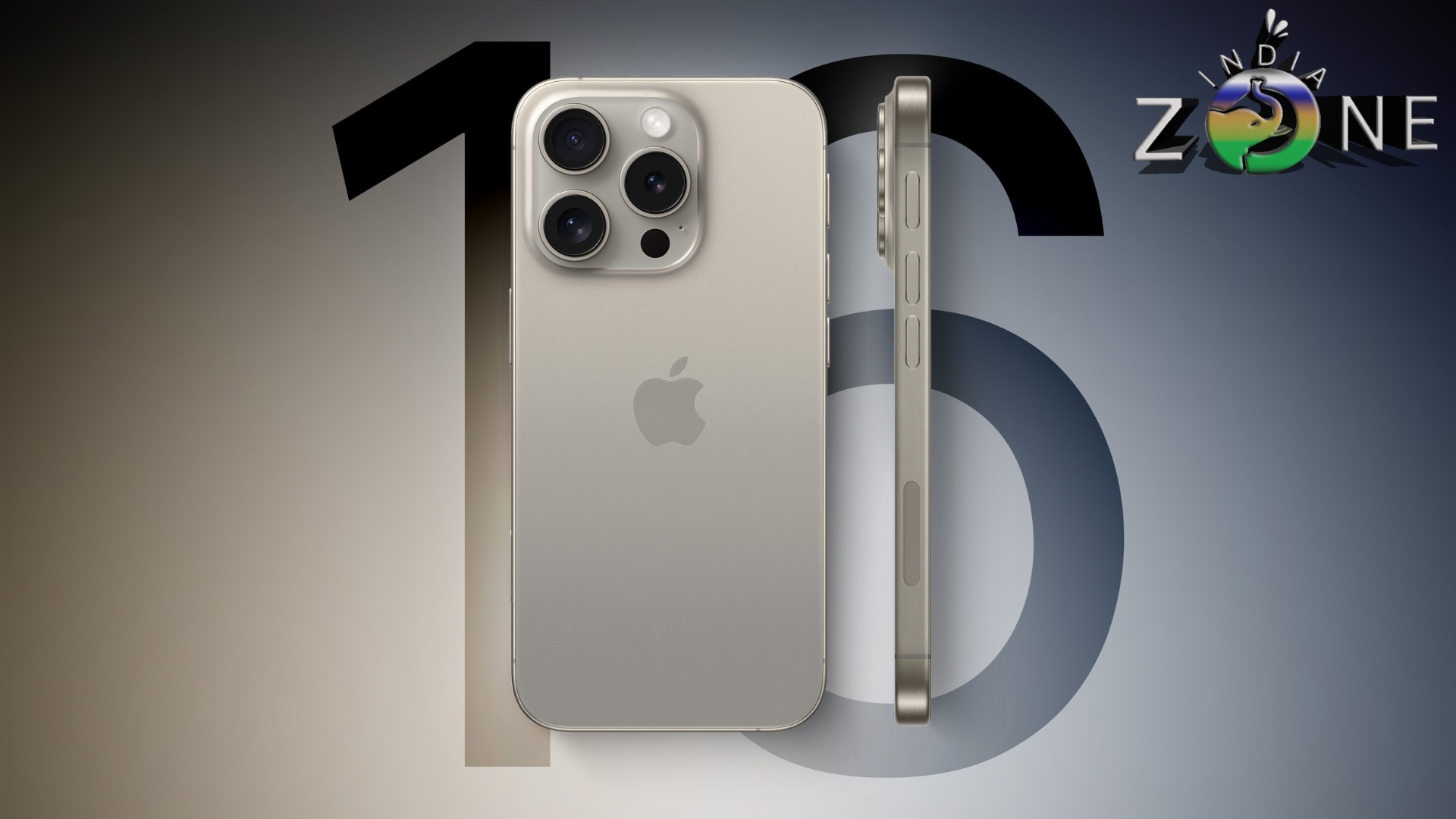
With the release of the new M3 MacBook Air, which Apple is marketing as the “World’s Best Consumer Laptop for AI,” the already convoluted conversation around AI-powered personal computers has become even more confusing. This action fits into a larger pattern in which tech companies are excitedly introducing “AI” into their product narratives, maybe in an attempt to capitalize on the increasing interest that both businesses and consumers have in artificial intelligence.
It’s crucial to view these assertions with some skepticism, though. Although Apple may sell the M3 MacBook Air with AI capabilities, it is unclear how exactly the company plans to incorporate generative AI into its ecosystem. The current MacBook Air model may be more of a stepping stone—a “AI-ready” gadget, if you will—than the ultimate embodiment of Apple’s AI ambitions, according to CEO Tim Cook, who has hinted at a more complete AI strategy to be presented later this year.
This circumstance highlights a larger issue facing the tech sector: the ability to discern between true innovation and marketing gimmicks. Customers are left to navigate a world where the full potential and useful applications of AI in consumer technology are still developing, as businesses scramble to take the lead in AI. The M3 MacBook Air’s claim to be a better AI gadget suggests considerable improvements in processor speed, software tuning, and possibly even specialized AI hardware. But it’s hard to predict how revolutionary these AI features will be for the user experience without knowing Apple’s overall AI plan in detail.
In summary, the M3 MacBook Air’s designation as the “World’s Best Consumer Laptop for AI” makes headlines, but it also serves as a reminder of how AI is still developing in the field of personal computers. It will take Apple some time to fully reveal the effects of its AI integration until it releases a more comprehensive roadmap outlining its generative AI projects across its operating system and services. Until then, tech enthusiasts and the general public will be keenly observing, curious to find out how Apple and its rivals will use artificial intelligence to revolutionize the possibilities of consumer electronics.
Deciding whether to purchase the new M3 MacBook Air, especially with its marketing as a nearly prime-time AI-ready computer, is a nuanced decision that hinges on your specific needs, preferences, and current technological setup. The allure of the MacBook Air being branded as “almost ready” for the AI era is tempting, especially for those intrigued by the latest advancements in artificial intelligence and how they might enhance personal computing. However, it’s crucial to balance this excitement with a clear assessment of what you truly need from a laptop.
The M3 MacBook Air is a compelling choice if your main reason for wanting a gadget at the cutting edge of AI capabilities is to possess one, and you’re ready to work through Apple’s early phases of AI integration. It claims to provide a preview of upcoming AI features that might eventually be adopted by the whole IT sector. If you’re a professional, a developer, or a tech enthusiast whose work could directly benefit from improved AI features, this might be especially intriguing to you.
However, the requirement for better hardware and software dependability, faster performance, and an improved user experience may override your desire to switch to a new Mac if your present laptop is aging—that is, performing slowly, lacking in modern capabilities, or physically degrading. In this case, the M3 MacBook Air’s AI capabilities are a bonus rather than the main justification for the upgrade. Regardless of its AI features, the most recent MacBook Air could have a big influence on your daily use, work, and entertainment experiences thanks to its improved display, updated processor, longer battery life, and overall upgrades.
In order to clarify these factors, I’ve provided a thorough study of the M3 MacBook Air’s features, performance, and design. I also pay close attention to the device’s artificial intelligence (AI) capabilities and how Apple’s next AI strategy may affect them. In addition, I’ll evaluate it against other Mac notebooks and maybe comparable products from other manufacturers, taking into account aspects like cost, functionality, battery life, and overall value for money.
The best decision ultimately comes down to striking a balance between your interest with AI’s potential and more pragmatic factors like performance, cost, and how effectively the device satisfies your current needs. Based on your personal or professional needs, a combination of these variables will determine if the M3 MacBook Air is the right choice for you. My intention is to simplify your purchasing process by giving you all the knowledge and guidance you need to select the Mac laptop that best suits your needs.









